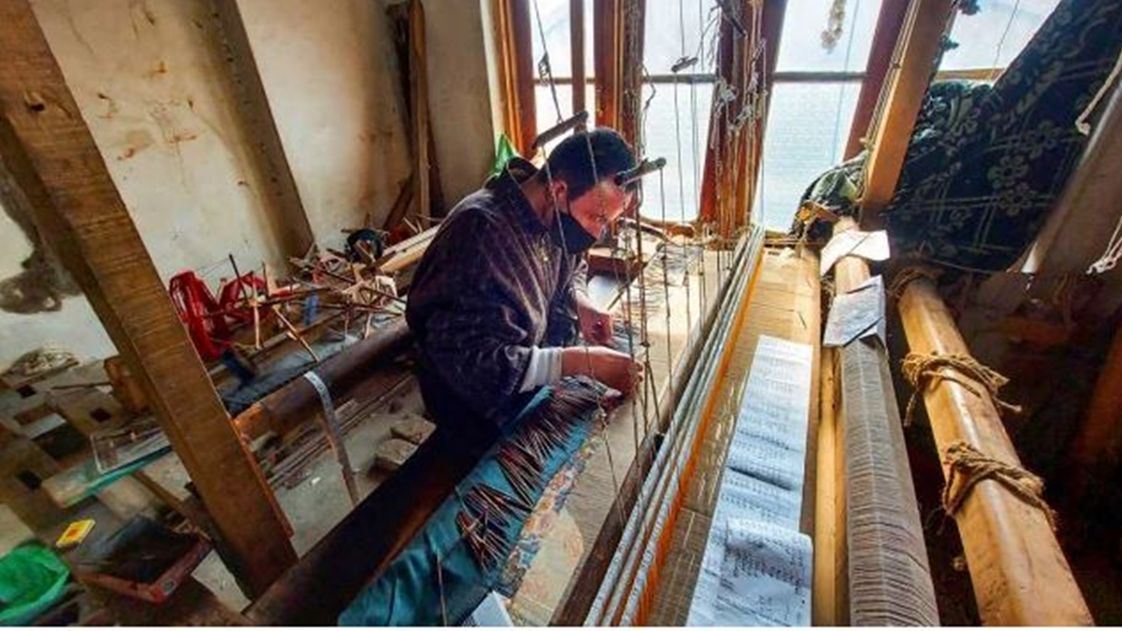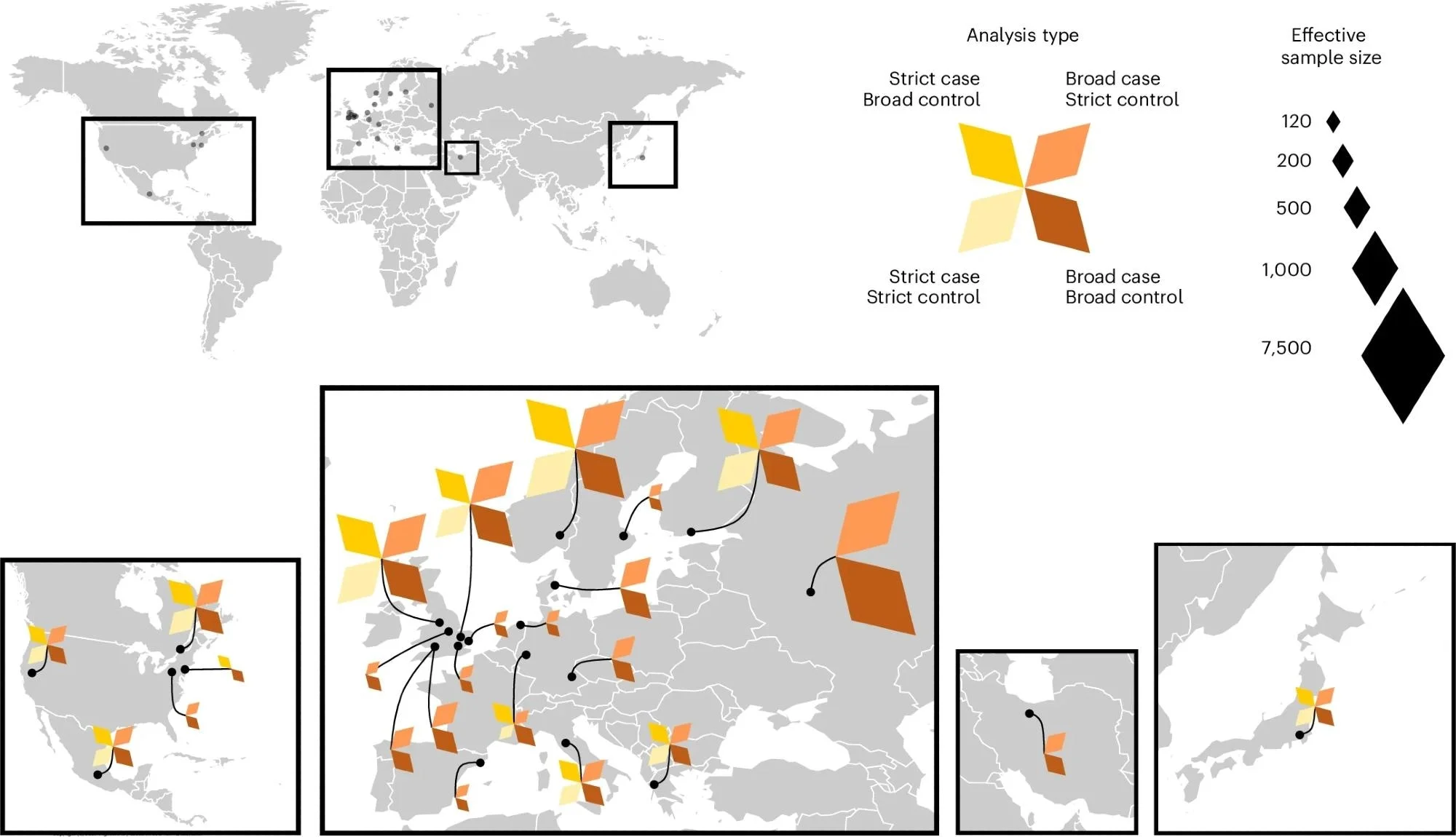- Courses
- GS Full Course 1 Year
- GS Full Course 2 Year
- GS Full Course 3 Year
- GS Full Course Till Selection
- Answer Alpha: Mains 2025 Mentorship
- MEP (Mains Enrichment Programme) Data, Facts
- Essay Target – 150+ Marks
- Online Program
- GS Recorded Course
- Polity
- Geography
- Economy
- Ancient, Medieval and Art & Culture AMAC
- Modern India, Post Independence & World History
- Environment
- Governance
- Science & Technology
- International Relations and Internal Security
- Disaster Management
- Ethics
- NCERT Current Affairs
- Indian Society and Social Issue
- NCERT- Science and Technology
- NCERT - Geography
- NCERT - Ancient History
- NCERT- World History
- NCERT Modern History
- CSAT
- 5 LAYERED ARJUNA Mentorship
- Public Administration Optional
- ABOUT US
- OUR TOPPERS
- TEST SERIES
- FREE STUDY MATERIAL
- VIDEOS
- CONTACT US
Srinagar Recognised as ‘World Craft City’
Srinagar Recognised as ‘World Craft City’
27-06-2024

- Srinagar was designated as a 'World Craft City' by the World Crafts Council (WCC), a non-governmental organisation.
- Recognition expected to reopen Kashmir's centuries-old linkages with craft centers in Central Asia and Iran.
- Significant honour for a city with over 4,000 years of written history and a rich craft heritage.
Significance:
- Boosts Kashmir's traditional linkages with Central Asia and Iran, leading to knowledge exchange and collaboration.
- Promotes genuine crafts and craftsmen, helping preserve cultural heritage.
- Enhances global recognition and demand for Kashmir's handicrafts, leading to increased sales and tourism.
Impact on Kashmir's Craft Sector:
- Craft sector in Kashmir is witnessing a revival, with exports increasing from Rs. 1,000 to 2,000 crores in the last five years.
- Artisans benefiting from upward mobility in the craft sector, with opportunities for sustainable income and skill preservation.
- WCC tag supports preservation of cultural heritage and provides access to networks for collaboration and growth.
Historical Context:
- Kashmir's craft scene has a rich history, with masterpieces created in various art sectors, including shawls, carpets, and papier-mâché.
- Significant change in the 14th century with the arrival of Persian and Central Asian preachers and artisans.
- Kashmir's shawl and carpet industry was heavily influenced by Persian artisans in the past.
About World Craft City:
- Initiative launched in 2014 by World Crafts Council AISBL (WCC-International), recognizing the crucial role of local authorities, craftspeople, and communities in global cultural, economic, and social development.
- Establishes a vibrant network of craft cities worldwide, aligned with the principles of the creative economy.
- Jaipur (Rajasthan), Mammalapuram (Tamil Nadu), and Mysore (Karnataka) added as craft cities from India under the World Craft City Programme.
Crafting Masterpieces in Srinagar:
- Papier-Mâché: Art of creating objects from mashed and moulded paper pulp, traditionally painted and often covered with lacquer or varnish.
- Pashmina Shawls, Kani, Sozni: Hand-spun and hand-woven Pashmina fabric, originating from the picturesque landscape of Kashmir.
- Sozni Shawls: Sozni embroidery, a Persian-derived art form meaning "needle" and "needlework," practiced by skilled artisans called sozankars.
World Crafts Council: Key Facts
- Founded in 1964 as a non-governmental and non-profit organisation by Ms. Aileen O. Webb, Ms. Margaret M. Patch, and Kamaladevi Chattopadhyay.
- Mission: To strengthen the status of crafts in cultural and economic life.
- Aim: To promote fellowship among craftspersons, offering encouragement, help, and advice.
- Activities: Promotes and assists cultural exchange through conferences, international visits, research studies, lectures, workshops, exhibitions, and more.
Conclusion:
The 'World Craft City' tag is a significant recognition for Srinagar and Kashmir's rich craft heritage. Expected to promote cultural exchange, preserve traditional crafts, and provide economic benefits to artisans and the local economy.



